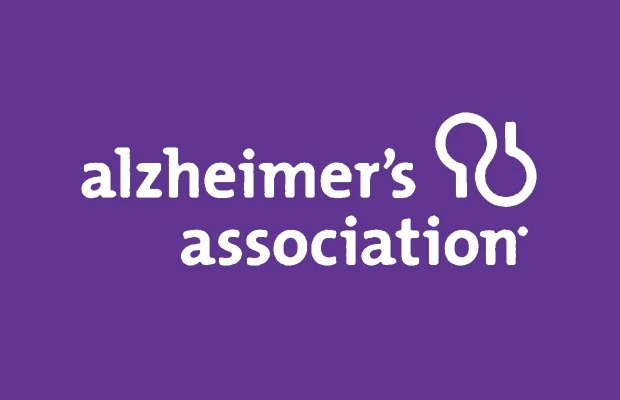The AHEAD Study is testing lecanemab at the stage of preclinical Alzheimer’s disease

Alzheimer’s disease (AD) researchers increasingly believe that treating at the earliest possible stage may be key to helping combat the disease. Ongoing studies are now testing whether lecanemab can effectively delay or prevent the symptoms of disease if started even before there is evidence of cognitive impairment.
The AHEAD Study (http://AHEADstudy.org) is testing the effect of lecanemab in people who have no cognitive symptoms of AD, but in whom biomarker tests indicate amyloid is present in the brain, known as the “preclinical” stage of AD. The AHEAD Study is the first AD trial to recruit people as young as 55 years old who are at risk of developing symptoms of AD as they get older.
On July 6, the Food and Drug Administration granted full approval to LEQEMBI (lecanemab) for the treatment of AD. Under the current FDA approval, treatment with lecanemab should be initiated in patients with mild cognitive impairment or mild dementia stage of disease, the population in which treatment was initiated in clinical trials. Lecanemab is the first approved treatment shown to reduce the rate of disease progression and to slow cognitive and functional decline in adults with AD.
Lecanemab is now fully approved to treat people who already have cognitive impairment and mild dementia (substantial memory and other thinking problems that affect daily function) due to AD. Lecanemab had previously been granted accelerated approval for demonstrating that the treatment reduced the accumulation of brain amyloid plaque (a hallmark change in the brain of a person with AD). The AHEAD Study builds on the positive results that lecanemab showed in people with mild cognitive impairment or mild dementia in the Clarity AD Study. Studies like the AHEAD Study are necessary to test if lecanemab can help stave off the memory problems caused by AD, if started before cognitive impairment is clinically evident.
“The advances in treating people who already have cognitive problems due to Alzheimer’s disease are incredibly exciting, but to have the greatest impact on the public health crisis of Alzheimer’s disease we may need treatments to start even earlier,” said Reisa Sperling, M.D., Professor of Neurology at Harvard Medical School, and co-principal investigator of the AHEAD Study. “The AHEAD Study is the first study to test whether removing amyloid plaques from the brain before symptoms are evident could be effective at preventing memory problems from the beginning.”
The AHEAD Study incorporates innovative features such as screening with biomarkers in blood, novel PET imaging agents, sensitive cognitive outcome scales, dosing tailored to the level of amyloid in the brain, and recruitment approaches to ensure diverse representation.
The AHEAD Study is funded by the National Institutes of Health (NIH) and Eisai Inc., a U.S. subsidiary of Eisai Co., Ltd. (Headquarters: Tokyo), and seeks 1,165 participants from North America. The study has more than 100 study locations worldwide, including North America, Japan, Singapore, Australia and Europe.
To learn more about the AHEAD Study, call 1-800-AHEAD-70 or to find a trial site location enrolling near you, visit http://AHEADstudy.org.
Provided information




